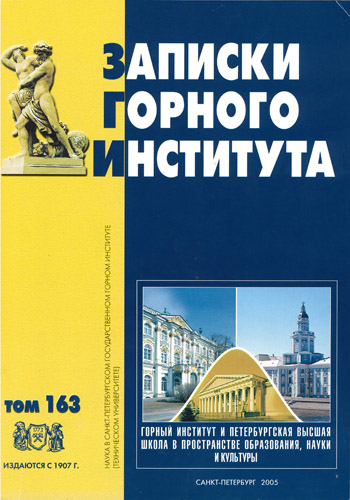Medieval universities and the formation of the language of power
- St. Petersburg State University
Abstract
Medieval culture determined the development of many institutions of the modern West. In particular, the genesis of the authority of power is attributed to this era. This, in turn, was due to the activity of universities. It was graduates of law faculties who formed the basis of the bureaucracy and formed the relevant state documentation. Written law became the basis of social relations and the authority of power in the structure of medieval society. University education gained the status of a code of access to the system of power. Educated people, who obtained the necessary licenses and degrees, supported and asserted the significance of the authority of power. Thus, medieval scholarship developed a particular rhetoric of power, conditioned by Aristotle's political theory. The state and the power of the king were viewed through the prism of the idea of the "common good" and the natural necessity for human existence. All this determined the formation of the language of power in the High Middle Ages.
